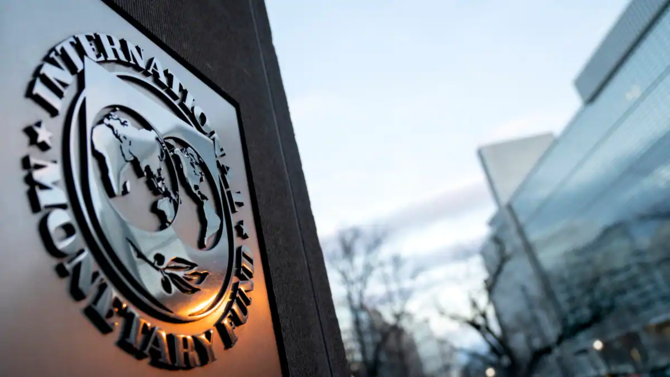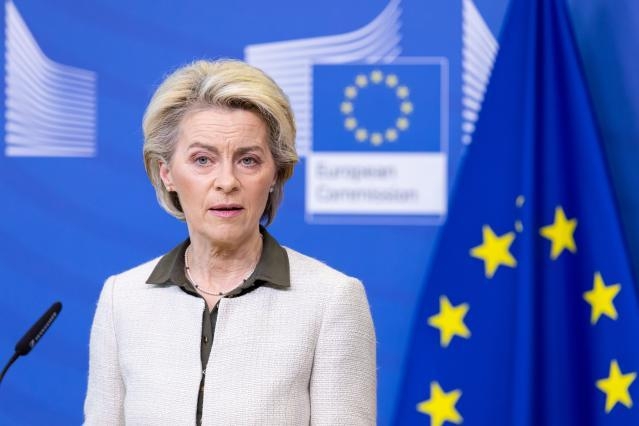According to Pakistan’s government, before the global lender approves a $6.5 billion rescue scheme. It needs “friendly” nations to uphold their obligations to finance the cash-strapped nation.
Ishaq Dar, the finance minister of Pakistan, told the upper house of parliament on Thursday. That this has caused a delay in finalising negotiations with the IMF for the programme.
During the IMF’s evaluation, certain nations had made commitments to assist Pakistan. Now the IMF “is demanding they should actually complete and actualize those commitments,” he continued.
Officials from Pakistan had hoped to finish the programme in June and have been preparing for an IMF agreement in the coming days. The country has, however, missed numerous deadlines in the past.
The IMF rescue money would provide Pakistan, which is in a race against time to avoid default, with an economic lifeline. By June, the nation must pay back nearly $3 billion in debt, and another $4 billion is anticipated to be rolled over.
The dollar value of Pakistan’s dollar bonds due in 2031 increased by 0.2 cents on Friday, ending a seven-day losing streak.
A deal with the IMF would also give Pakistan, whose currency is one of the worst performers in Asia. And which only has enough reserves for a few weeks of imports, access to other sources of finance.
Dar omitted to list the nations that pledged support, although Saudi Arabia, the United Arab Emirates, Qatar, and China have all provided assistance in recent weeks. Moreover, months by deferring payments on loans and providing dollar deposits and oil on credit.
The first instalment of a $1.3 billion loan was given by the Industrial & Commercial Bank of China Ltd. to Pakistan at the beginning of March.
According to Dar, the Pakistani government has complied with all IMF conditions. To gain access to funds through its IMF loan programme, the government has implemented stringent measures. Such as increasing taxes, energy costs, and interest rates.
According to a recent poll, the public has lost faith in the government, with the majority of respondents holding prime minister Shehbaz Sharif. Furthermore, his cabinet members responsible for the current financial situation and supporting Sharif’s arch-rival Imran Khan.
Ankur Shukla, a Bloomberg Economics analyst, wrote last month that the former premier’s rising popularity would push Sharif’s coalition to increase social expenditure in order to win over voters before elections later this year.
And that would violate its agreements with the IMF over budgetary consolidation, jeopardising any aid from the organisation, he continued.
The IMF has not suggested that political instability is creating any delay in renewing the bailout, Sharif told reporters earlier this week.
He declared, “We have accepted all the criteria, the extremely stringent conditions established by the IMF.
















